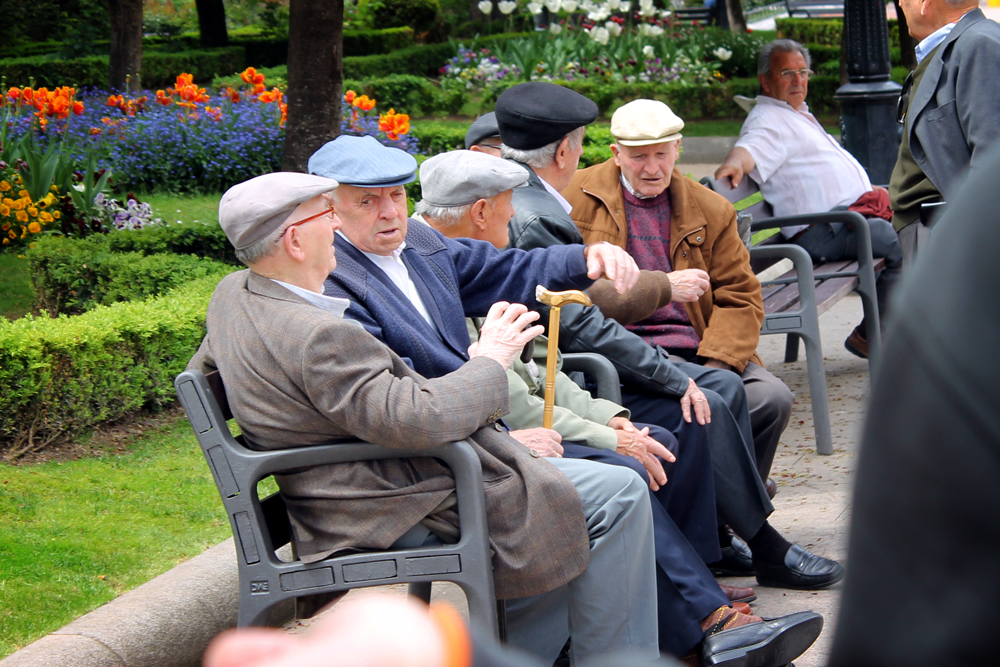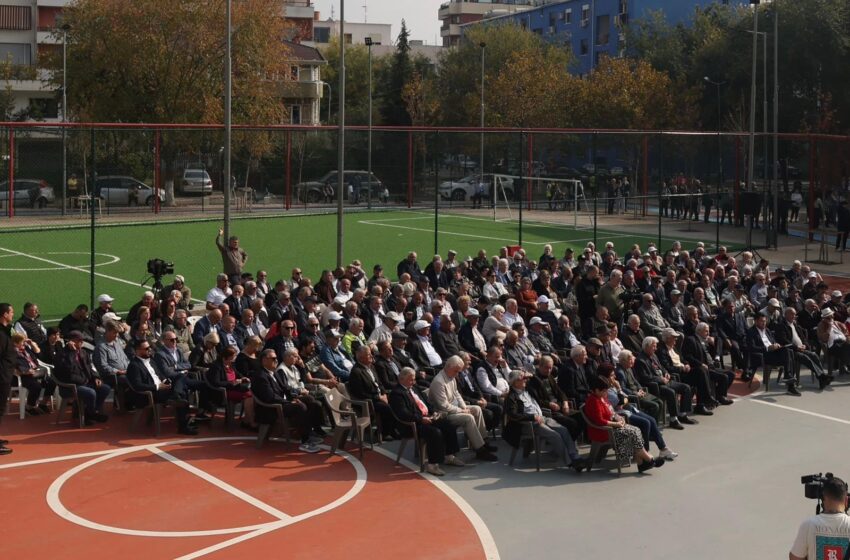Pension reform surges to forefront of Albania’s public debate

While opposition parties continue their protests, their spotlight is unexpectedly being stolen by another issue that has suddenly surged to the forefront of public debate: pension reform. Prime Minister Edi Rama has embarked on a significant campaign to address this long running issue, announcing ambitious plans to dramatically increase pensions by 2029. Rama, confident of securing a fourth mandate in the upcoming 2025 elections, has set two key goals for his government: achieving EU membership by 2030 and revamping the pension system, currently one of the lowest in the region.
Why is this important: The government’s proactive approach aims to tackle structural inefficiencies within the social insurance system. Essential to this strategy are measures to address wage underreporting and to optimize fund management, paving the way for sustainable pension increases. For the government the surge of this issue is quite positive. First, it helps deepen a perception that the opposition is concerned only with its narrow agenda, while the government works to address issues of importance to ordinary people. Second, it has two inherent advantages in this debate: pensioners are among the staunchest supporters of the Socialist Party and Rama is way ahead of the opposition in presenting a concrete plan to address the issue.
Context: During a meeting with pensioners in Durrës, Rama discussed the complexities of increasing pensions, noting the difference between raising wages through taxes and enhancing pensions funded by contributions. He highlighted the need for direct discussions based on facts, especially in times when the economy is not just growing, but doing so sustainably.
What are opposition saying: Democratic Party MP Jorida Tabaku has also been vocal, releasing a video criticizing the government’s nominal pension increase as insufficient. She pointed out the disparities between pensions in Albania and those in neighboring EU countries, stressing that the current pensions fail to meet even basic living necessities. Her active engagement in pension reform reflects a growing consensus on the urgency of this issue. However, despite her best efforts Tabaku remains quite isolated within her own party where most energies are being spent in protests and disruption.
Meanwhile, the far-left Lëvizja Bashkë, has joined the debate. In a recent gathering in front of the Prime Minister’s office, its leader Arlind Qorri criticized the government for claiming a lack of funds while boasting about economic growth and substantial earnings from tourism. He used the comparison of MP salaries to the minimal pensions in Albania to highlight the disparity, advocating for pension reform that aligns more closely with regional standards.
Immediate and long-term measures:
- Year-end bonus: As an immediate measure, the government will maintain the annual year-end bonus for pensioners.
- Allocating economic growth: In a long-term approach, portions of economic growth that exceed budget forecasts will be redirected to the pension fund.
What’s Next: The effectiveness of Albania’s pension reforms hinges on strict enforcement of accurate wage reporting. Prime Minister Edi Rama has emphasized the necessity of funding public services like education and healthcare through taxes, while pensions should be reliably supported by social insurance contributions. These reforms are intricately tied to broader objectives such as sustainable economic growth and EU integration efforts. With an aging population and the persistence of informal payments, the Albanian government faces significant challenges in realizing these ambitious pension enhancements. These steps are crucial for ensuring that the pension system evolves in tandem with the country’s economic advancements.




